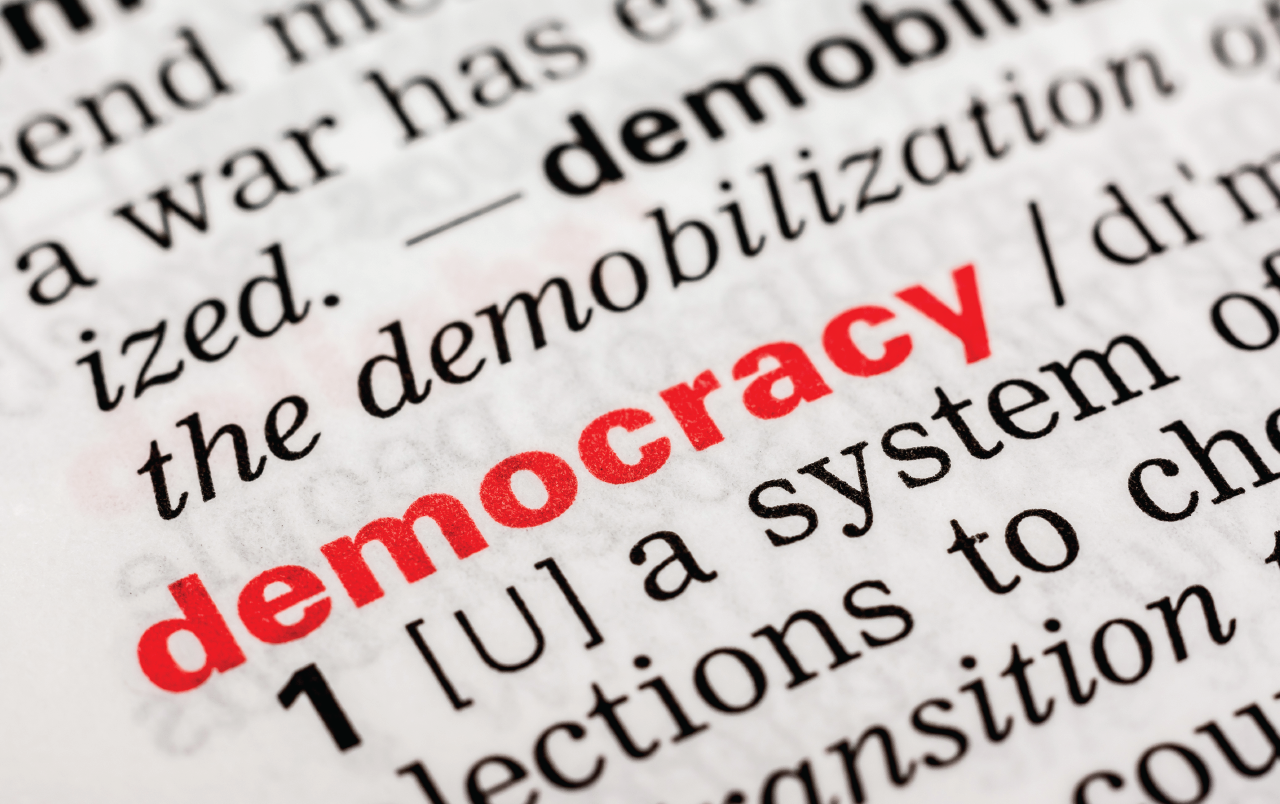Editorial
One of the most enduring tragedies of Pakistan’s 77-year political history is the systematic erosion of democratic authority. Time and again, critical decisions about the country’s future have been made not by elected representatives, but by unelected individuals and institutions. The consequences of these undemocratic interventions have been borne almost exclusively by the people — in the form of economic instability, insecurity, and a withering trust in governance.
At the heart of Pakistan’s Constitution lies a clear principle: sovereignty belongs to Allah, and it is exercised by the people through their elected representatives. Yet, the lived reality could not be further from this ideal. From foreign policy to internal security, from international economic deals to peace and war, decisions are routinely made in closed-door settings by unelected power centers. This has left Parliament toothless, the Cabinet symbolic, and the public alienated from the very state meant to serve them.
Pakistan’s greatest political crisis is not just corruption or inefficiency — it is the unconstitutional concentration of power. When institutions meant to play a supportive role become decision-makers, they distort the state’s constitutional balance. This undermines democracy at its core, replacing transparency and consensus with opacity and coercion.
Please subscribe to the YouTube channel of republicpolicy.com for quality content.
The cost of this dysfunction is high: ill-conceived security operations, unsustainable foreign loans, and flawed diplomatic alignments — all pushed without public debate. It is always the people who pay: with their lives, their dignity, or their livelihoods.
If Pakistan is to move toward stability and sovereignty, it must re-center the democratic process. Parliament must become the seat of decision-making. Policies must be formulated through consultation and public participation. The state must begin trusting its people.
Democracy is not merely a slogan — it is a constitutional mechanism. Pakistan’s future depends on restoring that mechanism and letting power flow from its true source: the people.
















